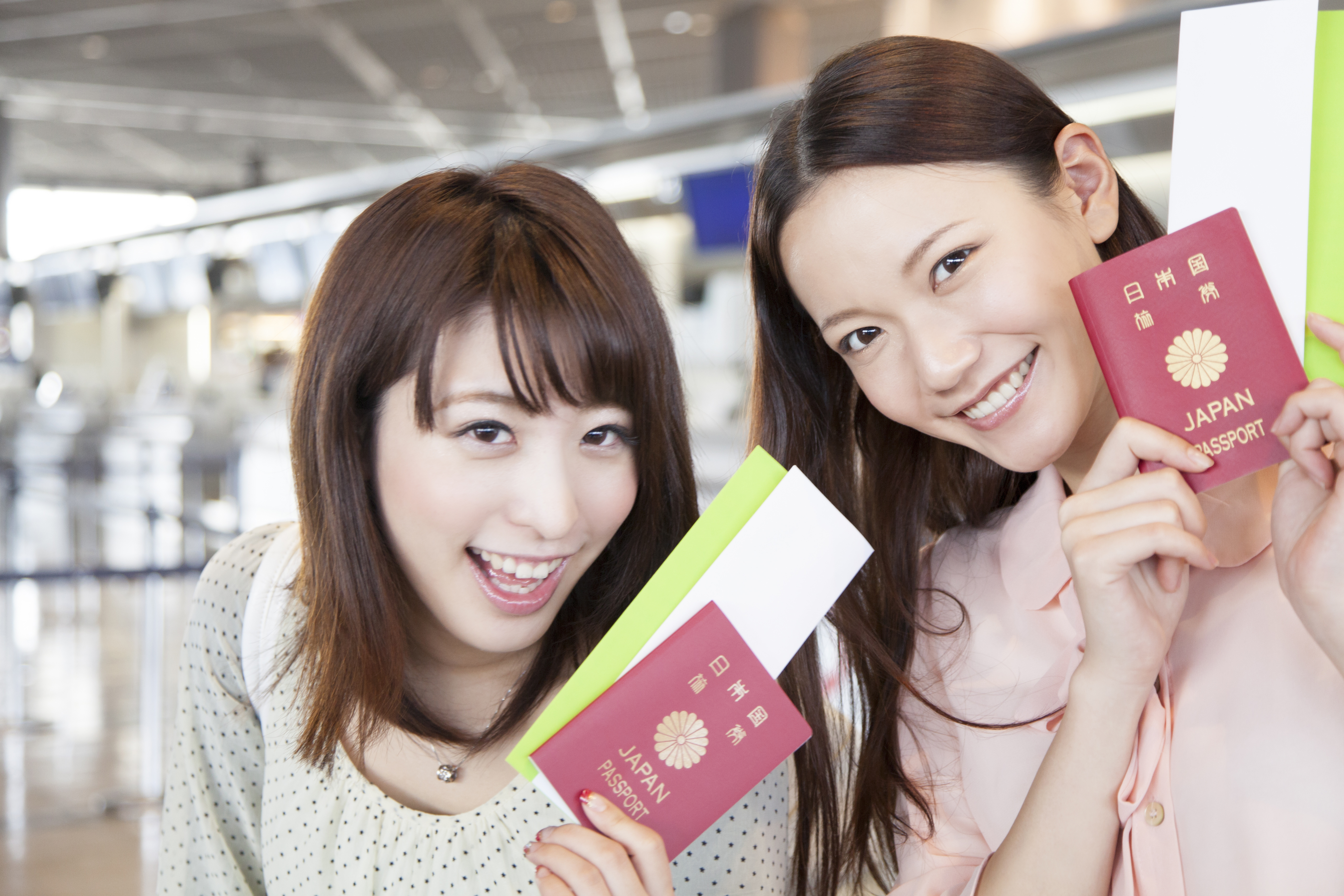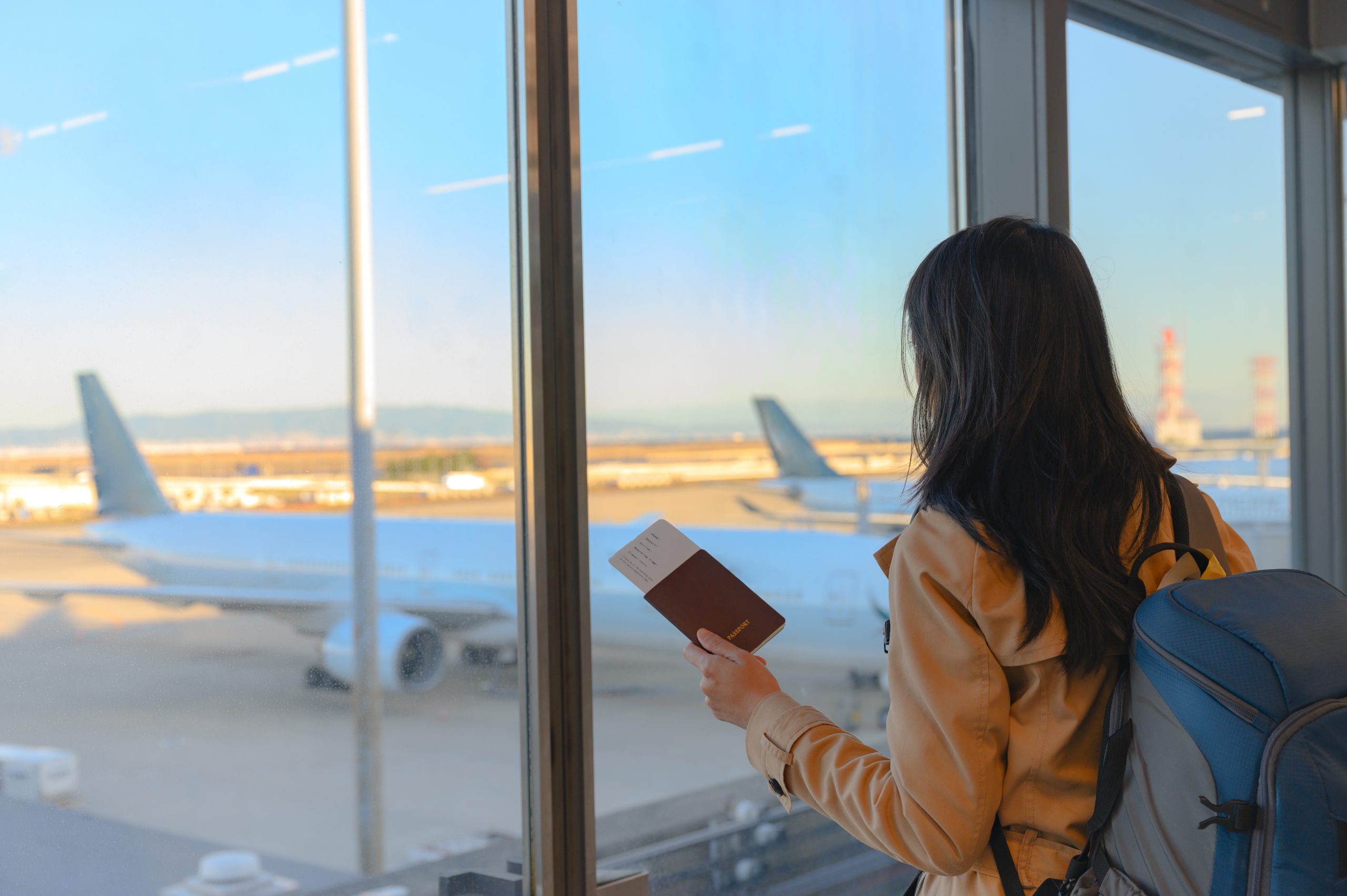
In a significant move to enhance bilateral relations, Vietnamese President Vo Van Thuong and Mongolian President Ukhnaagiin Khurelsukh recently signed an agreement for a mutual Mongolia-Vietnam visa waiver. This historic decision aims to strengthen ties between the two nations and promote trade, tourism, and people-to-people exchanges. With this visa waiver, both countries are set to benefit from increased opportunities and a closer partnership.
The diplomatic relations between Mongolia and Vietnam date back to 1954, and over the years, the bond between the two nations has only grown stronger. This recent agreement further solidifies their commitment to fostering a mutually beneficial partnership. By removing the barriers of visa requirements, both countries are opening doors for increased collaboration in various sectors.
The Mongolia-Vietnam visa waiver is expected to have a positive impact on bilateral trade. With simplified travel procedures, businesses from both nations can explore new opportunities and establish stronger connections. This agreement will facilitate easier movement of goods and services, enabling a seamless flow of trade between Mongolia and Vietnam.
Vietnam is known for its thriving manufacturing sector, while Mongolia possesses rich reserves of natural resources such as coal, copper, and gold. The visa waiver will encourage Vietnamese companies to invest in Mongolia’s mining industry, while Mongolian businesses can explore the Vietnamese market for their manufactured goods. This synergy has the potential to strengthen both countries’ economies and create new avenues for growth.
The visa waiver also holds great potential for the tourism industries of Mongolia and Vietnam. Both countries offer unique cultural experiences, breathtaking landscapes, and a rich historical heritage. By simplifying travel procedures, more tourists from Vietnam can explore the beauty of Mongolia, and vice versa.
Vietnamese tourists will have the chance to immerse themselves in Mongolia’s stunning landscapes, including the Gobi Desert, the Altai Mountains, and the beautiful Lake Khuvsgul. On the other hand, Mongolian tourists can visit Vietnam’s iconic attractions like Ha Long Bay, Hoi An Ancient Town, and Ho Chi Minh City. The visa waiver will undoubtedly attract more tourists, boosting revenue for the tourism sectors of both nations.
The mutual visa waiver is a testament to the commitment of Mongolia and Vietnam to strengthen people-to-people exchanges. It will encourage closer cultural, educational, and scientific collaborations between the two nations. Students, researchers, and professionals will have more opportunities to engage in cross-cultural learning experiences, fostering a deeper understanding and appreciation of each other’s traditions and knowledge.
Furthermore, the visa waiver will facilitate visits by relatives and friends, enabling closer connections between Mongolian and Vietnamese families. This exchange of ideas, traditions, and values will undoubtedly contribute to a more harmonious and interconnected global community.
The mutual Mongolia-Vietnam visa waiver marks a significant milestone in the bilateral relations between the two nations. By eliminating visa requirements, Mongolia and Vietnam are poised to deepen their economic, cultural, and social ties. This agreement will boost trade, promote tourism, and facilitate people-to-people exchanges, bringing the people of both countries closer together.
As Mongolia and Vietnam move forward with this visa waiver, they set an example for other nations, highlighting the importance of collaboration and cooperation in a rapidly evolving global landscape. With renewed optimism, the future holds great promise for the partnership between Mongolia and Vietnam, as they continue to explore new horizons together.
See the official document here.

Vietnam has recently announced the approval of the revised Vietnam Immigration Law, which allows citizens of countries subject to Vietnam’s unilateral visa exemption to stay in the country for up to 45 days without needing a visa. This new policy will come into effect on August 15, 2023.

As part of its initiatives to control the rapid spread of the coronavirus, also known as Covid 19, Vietnam has suspended issuing new visas to all foreign nationals. Not only that, but Vietnam has also stopped the visa-free entry of those foreigners who are part of the visa waiver policy.

Vietnam is among those countries that have to close borders when the coronavirus started spreading fast. As a country that has a thriving tourism economy, closing its borders has been a truly difficult decision.

The Swedes are among the top foreign visitors of Vietnam and they have the privilege of entering the country visa-free. In 2019, there are more than 50,000 Swedish nationals who came to Vietnam for a holiday.

It’s clear that the Covid 19 pandemic has brought chaos in the world of travel and tourism. This, after airlines around the world, has canceled flights and several countries have to make the unfortunate decision of closing their doors to foreign visitors.

The Covid 19 pandemic has presented the tourism industry with a major challenge. In Vietnam, the country has to close its tourist sites and prevent the entry of all foreign visitors.